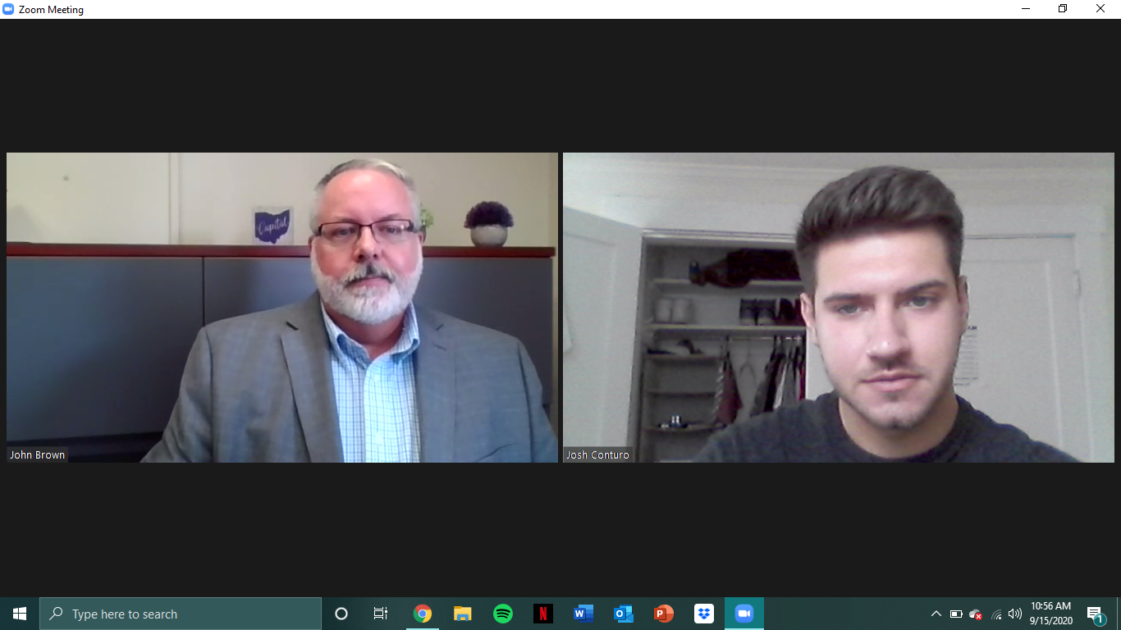Work-study positions have been getting changed and modified just as much as classes have been recently.
As a source of income for many students at Capital University, this has been just as, if not more, disruptive than the changes that have been made to classes.
Renee Bergman, Capital’s student payroll coordinator, spoke about what happened several months ago, and what will happen in the near future regarding work-studies.
First, when the initial shutdown came in March, students were required to move home and campus was shut down, altering jobs that were previously in person, but also to be moved remote.
However, the students who occupied positions involved in athletics and other similar disciplines had their positions cut almost as soon as everything transitioned to a virtual alternative.
“Currently the positions in high demand are the ones that can be worked remotely such as Academic Success Tutors and Information Technology Assistants,” Bergman said.
The other side of that coin is that the jobs related to athletics are still not available, and the return date is not set yet. However, if you had your heart set on working the cap center, there is still hope.
“I see more positions becoming available, especially as more students move back to campus,” Bergman said.
If your work-study position has been cut, students should get in contact with their former supervisor, especially if they want the same position. This can be a considerable asset as everyone else who wants that job will be starting from square one.
John Brown, the Director of Financial Aid, also talked about work-studies this semester.

Brown said one of the most prominent benefits of work-studies is that the money earned from a work-study is counted differently on taxes and on the FAFSA than it would be if that same amount of money were earned at, for example, Chipotle, or Jimmy Johns.
Meaning that if a student were to make $2,000 in a year at a work-study position, it would help them more in the long-run than $2,000 from Chipotle would, due to various financial aid and tax return benefits.
This is mainly because a large portion of the budget for work-study, “is funded by the Department of Education, a bit more than 75 percent,” said Brown. He went on further to explain that “it decreases the amount of direct wages that we have to pay.”
What this means is that Capital is able to stretch the budget that is available before the Department of Education steps in and administers additional funds.
The benefit for students here is that more people are able to be hired for work-study positions because Capital essentially has more money to pay students who are in work-study positions.
However, in order to be eligible for a work-study, a student must first qualify on the FAFSA for the extra money that is given to Capital from the Department of Education.
That being said, a student can still be employed by Capital but not technically have a work-study position. This would still be student employment, but would not be categorized as a work-study job, meaning the funding will be through a different budget.
“They are basically the exact same job,” Brown said, “all of the [supervisors] have their own interview process, but one of the questions they ask is do you have work-study?”


